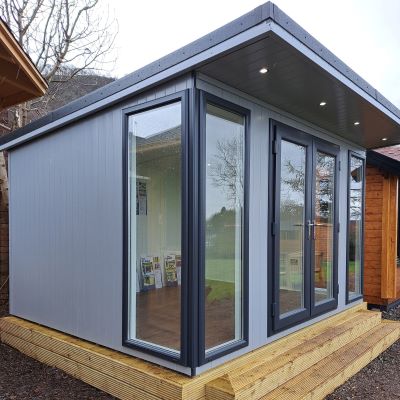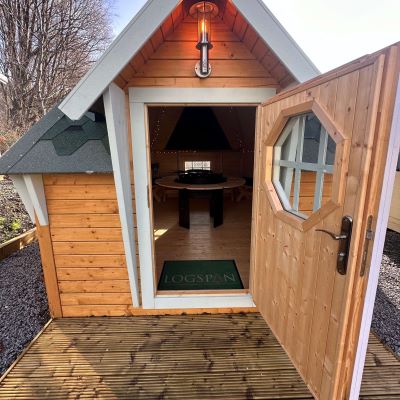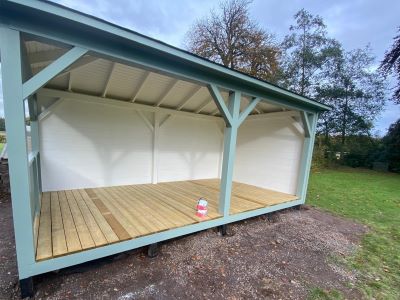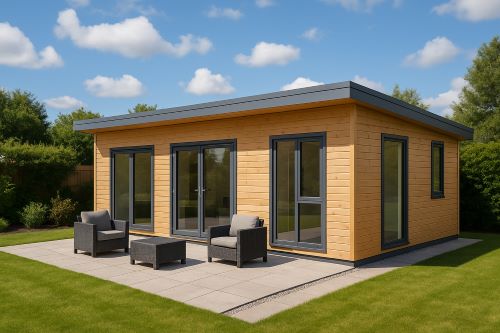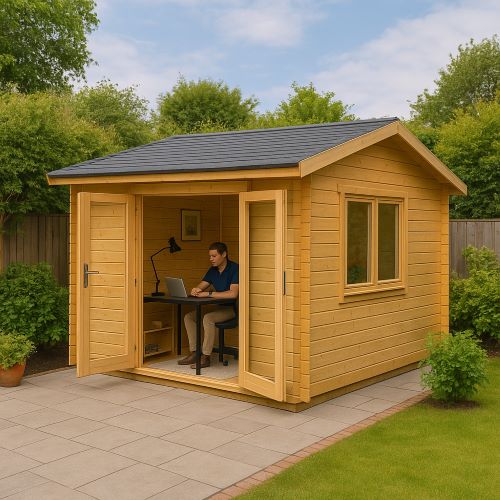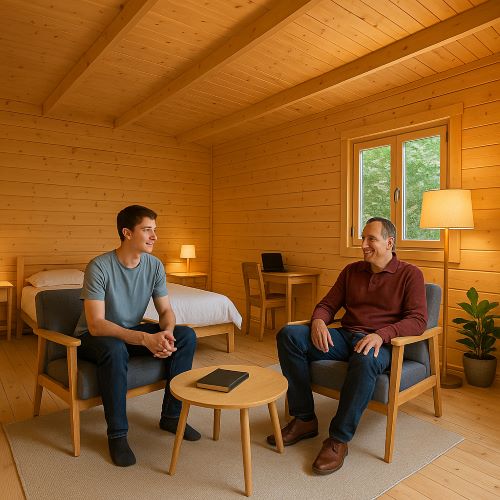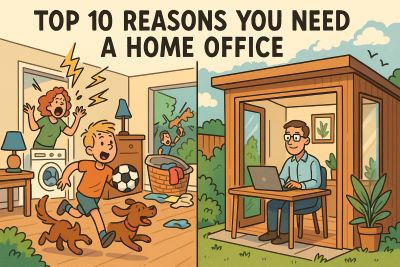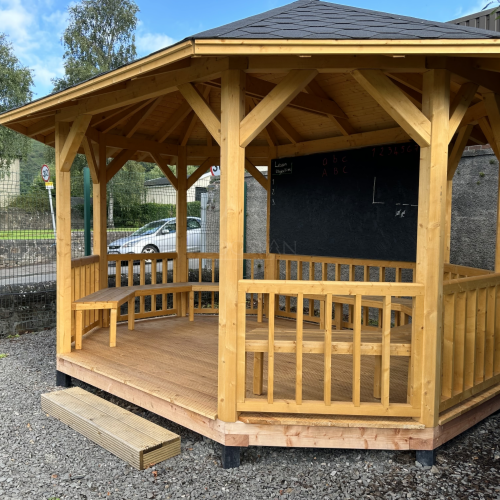In recent years, the concept of home offices has gained tremendous popularity, especially with the rise of remote working. But what exactly do we call this space in the UK? This informative piece will explore home offices' terminology, purpose, and benefits.
Understanding Home Offices
In the UK, the term "home office" is widely used to describe a designated area within a person's home that is set up for work-related activities. This can range from a small desk in the corner of a living room to a fully-fledged, dedicated room with all the necessary office equipment.
Home offices have become essential for many professionals, freelancers, and entrepreneurs as they offer a convenient place to work without commuting. The increasing trend of flexible working arrangements has made it necessary to have a well-planned home office that maximises productivity.
The Purpose of Home Offices
The primary purpose of home offices is to provide a space where individuals can focus on their work without the distractions of everyday home life. A dedicated area for work can lead to improved concentration and efficiency. It also allows for a psychological separation between work and personal life—vital when your home is your workplace.
Enhancing Productivity
A well-designed home office can significantly enhance productivity. When you create a functional workspace that is organised and equipped with all the necessary tools, you're more likely to stay motivated and focused. This is crucial, especially for those who may find it challenging to stay on task without the conventional structure of an office environment.
Comfort and Personalisation
A comfortable home office is vital, especially in the UK, where the weather can be unpredictable. This space not only needs to be functional but should also reflect your personality. Personalising your home office through colour, lighting, or furniture choices can create an inviting atmosphere conducive to better work.
Types of Home Offices
Home offices can take many forms depending on the individual needs and available space in a home. Here are a few common types of home offices seen across the UK:
Spare Room Office
This is one of the most common types, where an extra bedroom or unused room is converted into a full-fledged office. This option allows ample space to set up desks, shelves, and office equipment. However, it is not so good when someone comes to stay, or you are expecting another child.
Loft Conversions
Another popular option is to convert a loft space into a home office. This usually provides a quiet environment away from the hustle and bustle of the house and is an innovative way to maximise space. However, it can be costly to complete, and you can lose much-needed storage space.
Garden Offices
In recent years, many individuals have opted for garden offices. These structured spaces in the back garden provide a clear separation from the home environment, making it easier to concentrate on work.
Technology and Home Offices
In today's digital age, technology plays an integral role in the efficiency of home offices. High-speed internet and advanced software solutions are essential for many remote workers. In the UK, companies often reimburse employees for expenses incurred in setting up a home office, which can cover expenses like broadband costs, ergonomic furniture, and other office supplies.
Ergonomic Design
When setting up a home office, ergonomics must be considered. This means investing in furniture that supports good posture and comfort to prevent long-term health issues. In the UK, ergonomic office chairs and desks are widely recommended to enhance the working experience.
Final Thoughts
In conclusion, the term "home office" perfectly encapsulates the concept of a workspace set up within one's home. This growing trend reflects the evolving nature of work in the UK, particularly as many professionals embrace remote working. Whether used as a spare room office, loft conversion, or garden office, a home office allows individuals to create a flexible, personalised work environment.
With technology adoption and a focus on ergonomic design, creating an efficient home office can increase productivity and job satisfaction. So, as you consider or already use a home office, remember that this space is more than just a desk and a chair; it is a vital part of your professional life.
